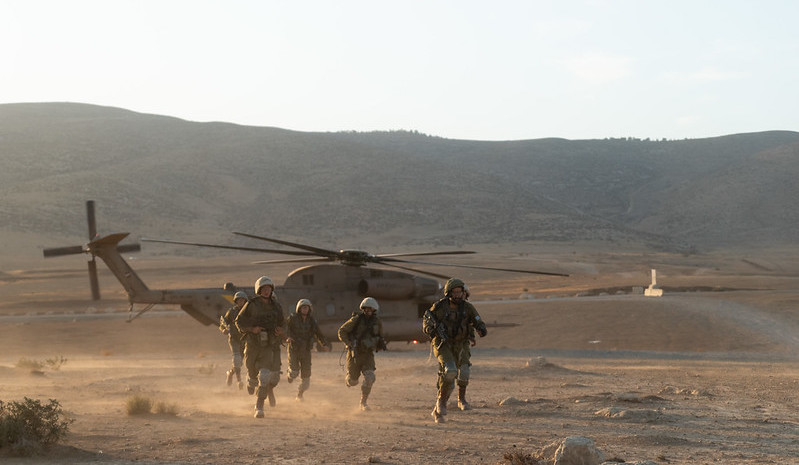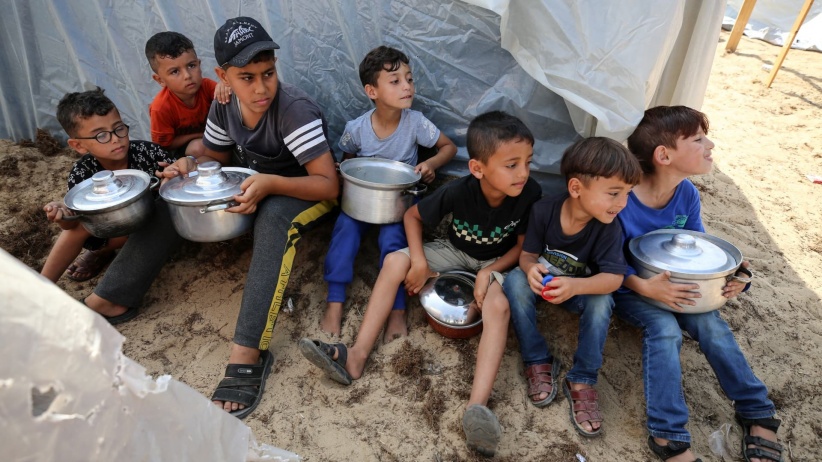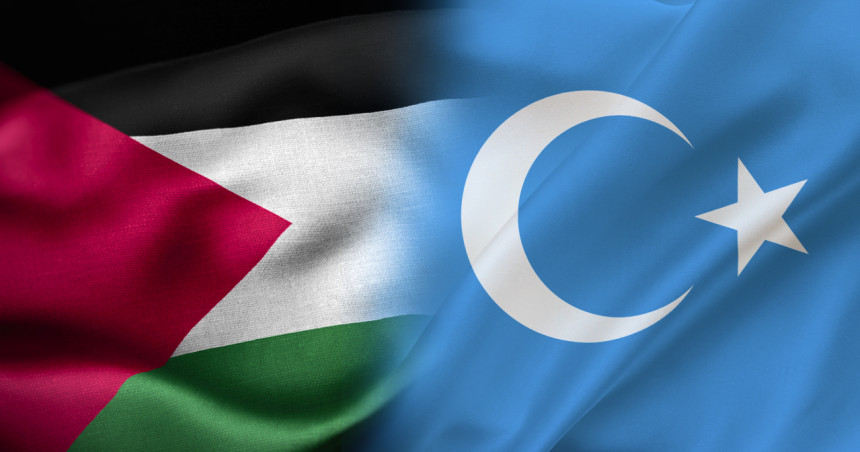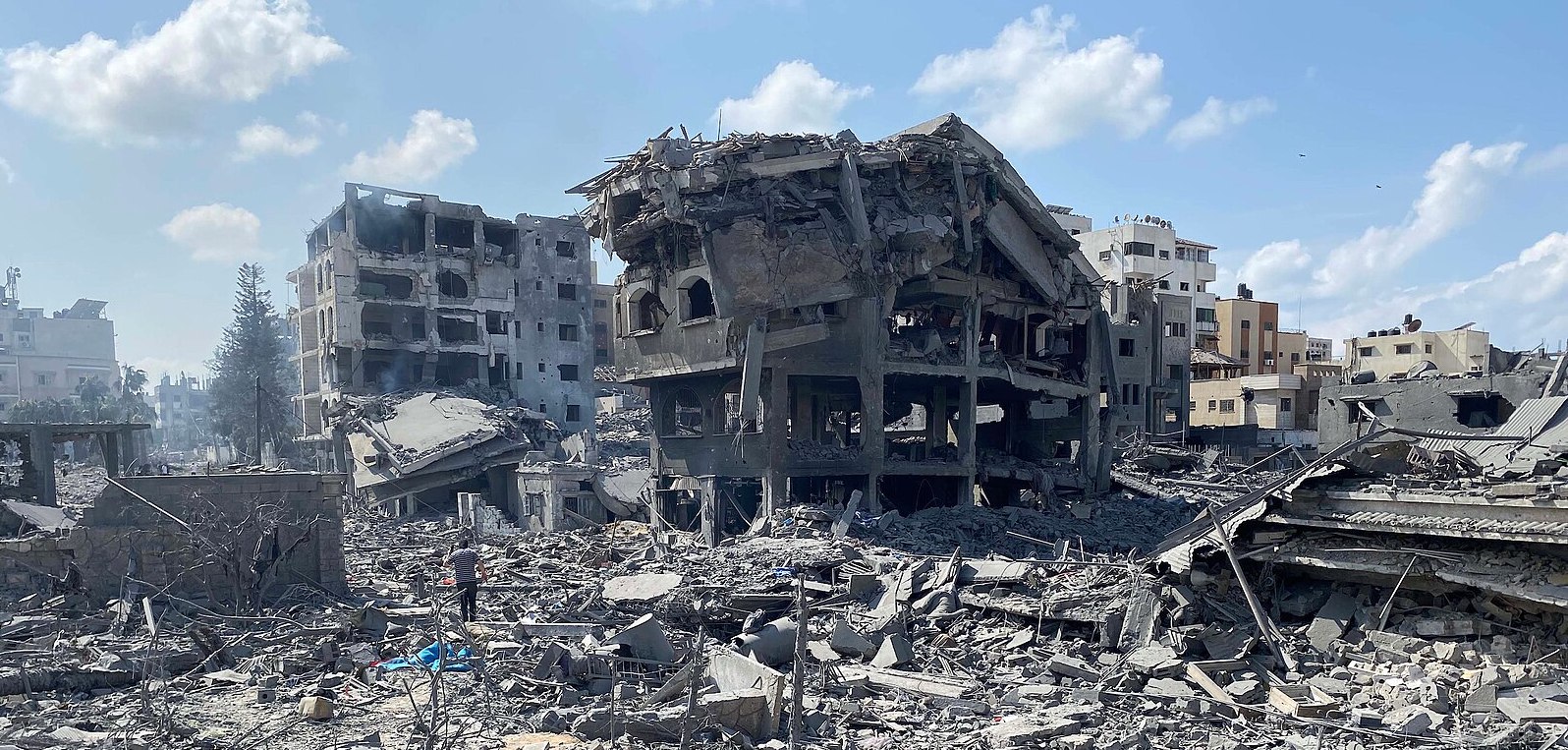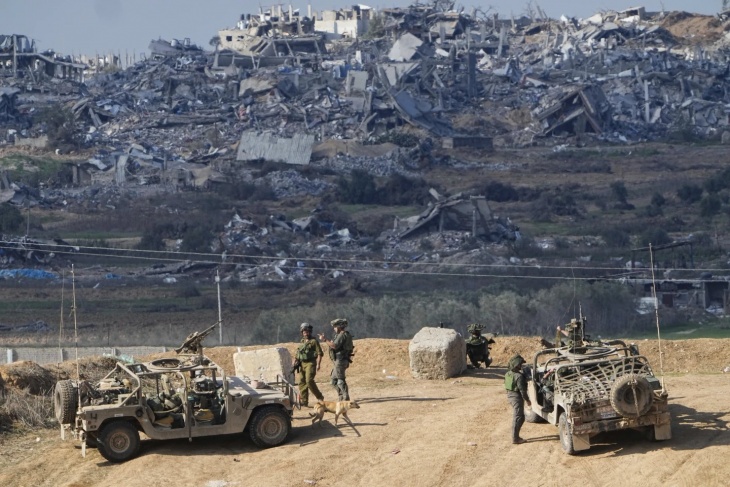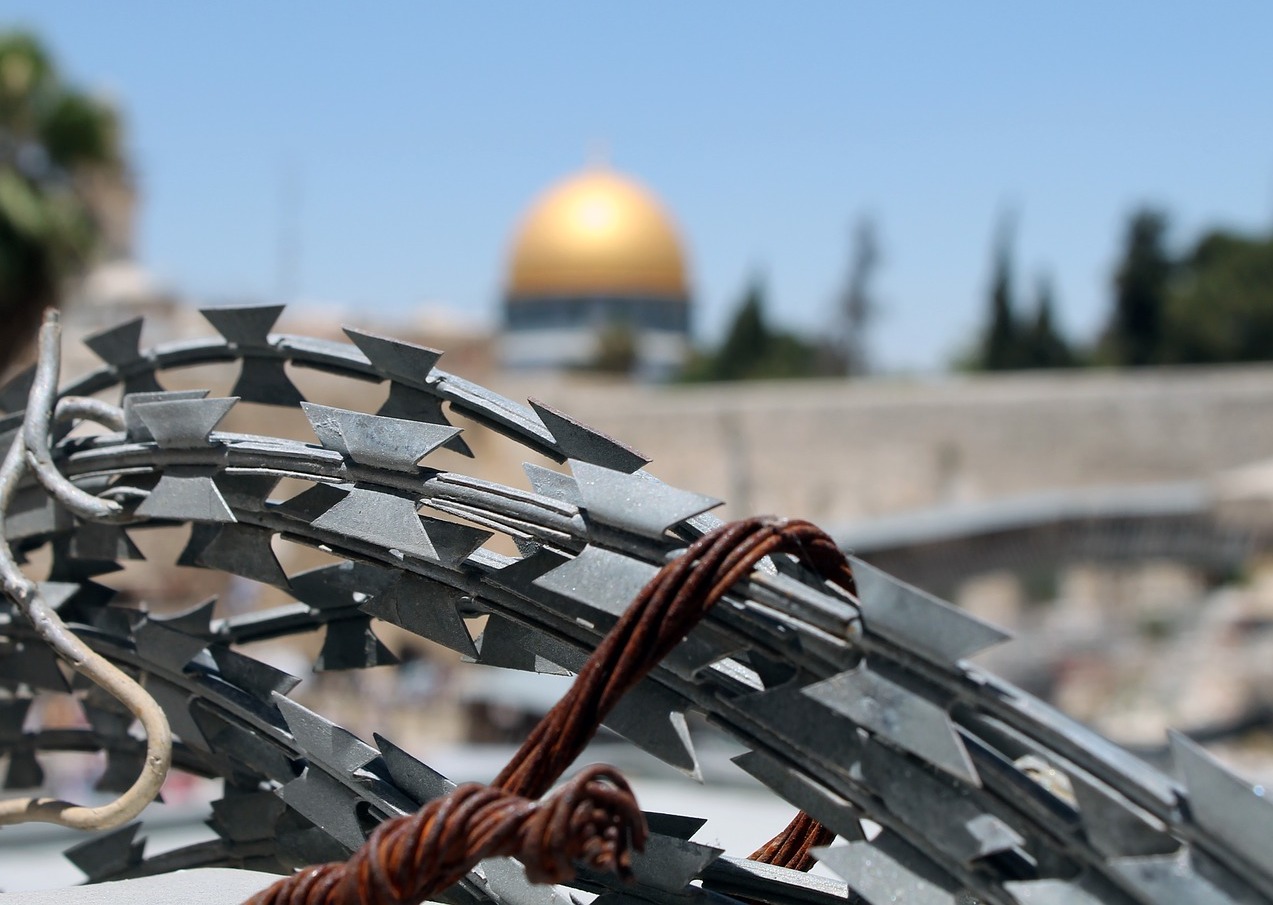
Podcast: the electoral dilemma in apartheid Jerusalem
Amid the mounting horror in Gaza, Israel held municipal elections—which saw gains for the ultra-Zionist right, including in Jerusalem. But the city for the first time saw a Palestinian council candidate—Sondos Alhot, a pro-coexistence activist who ran with a new list called Kol Toshaveha (All Its Residents). Her candidacy, which came in defiance of a boycott called by the Palestinian leadership, nonetheless posed a challenge to the system of apartheid Israel has imposed in the Holy City. In Episode 215 of the CounterVortex podcast, Bill Weinberg explores what this electoral question may tell us about the prospects for an eventual just peace in historic Palestine. Listen on SoundCloud or via Patreon. (Photo: RJA1988 via Jurist)



